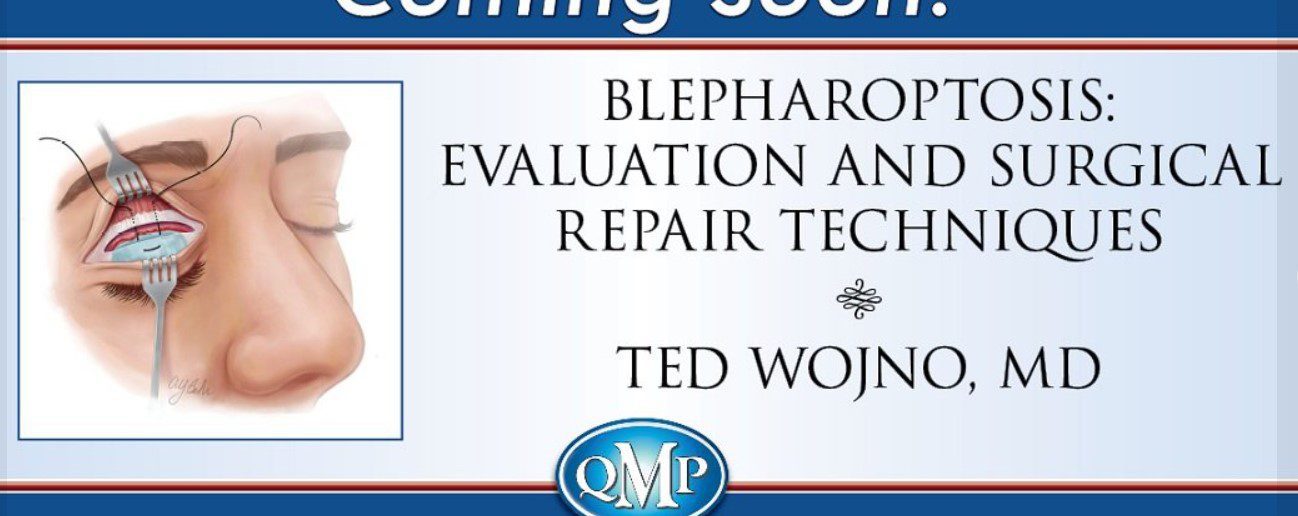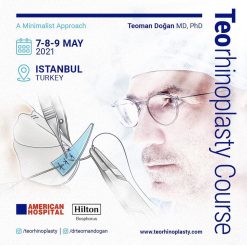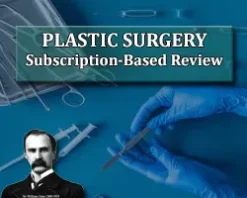QMP Blepharoptosis: Evaluation and Surgical Repair Techniques 2022
$35,00
Samples for Courses Can be found here : Free Samples Here!
QMP Blepharoptosis: Evaluation and Surgical Repair Techniques Eyelid ptosis is a challenging disorder for even the most experienced surgeons. Join Dr. Wojno as he performs nine eyelid surgeries, and an in-office ptosis repair, providing tips and tricks for achieving optimal results while avoiding complications. Although this topic can be extremely complex with many, often obscure etiologic factors, most cases seen by the average surgeon will be limited to typical age-related ptosis, making diagnosis and treatment relatively straightforward.











